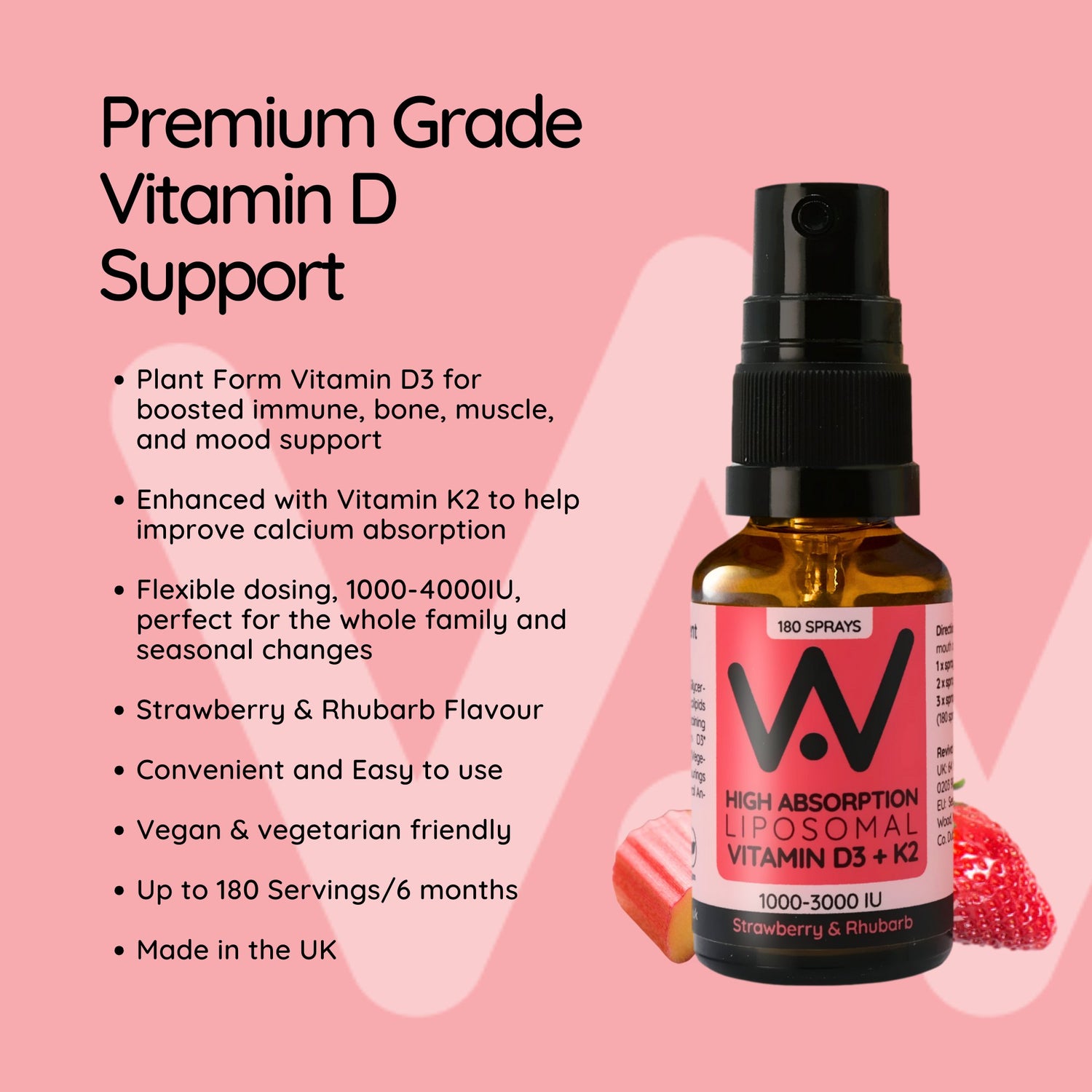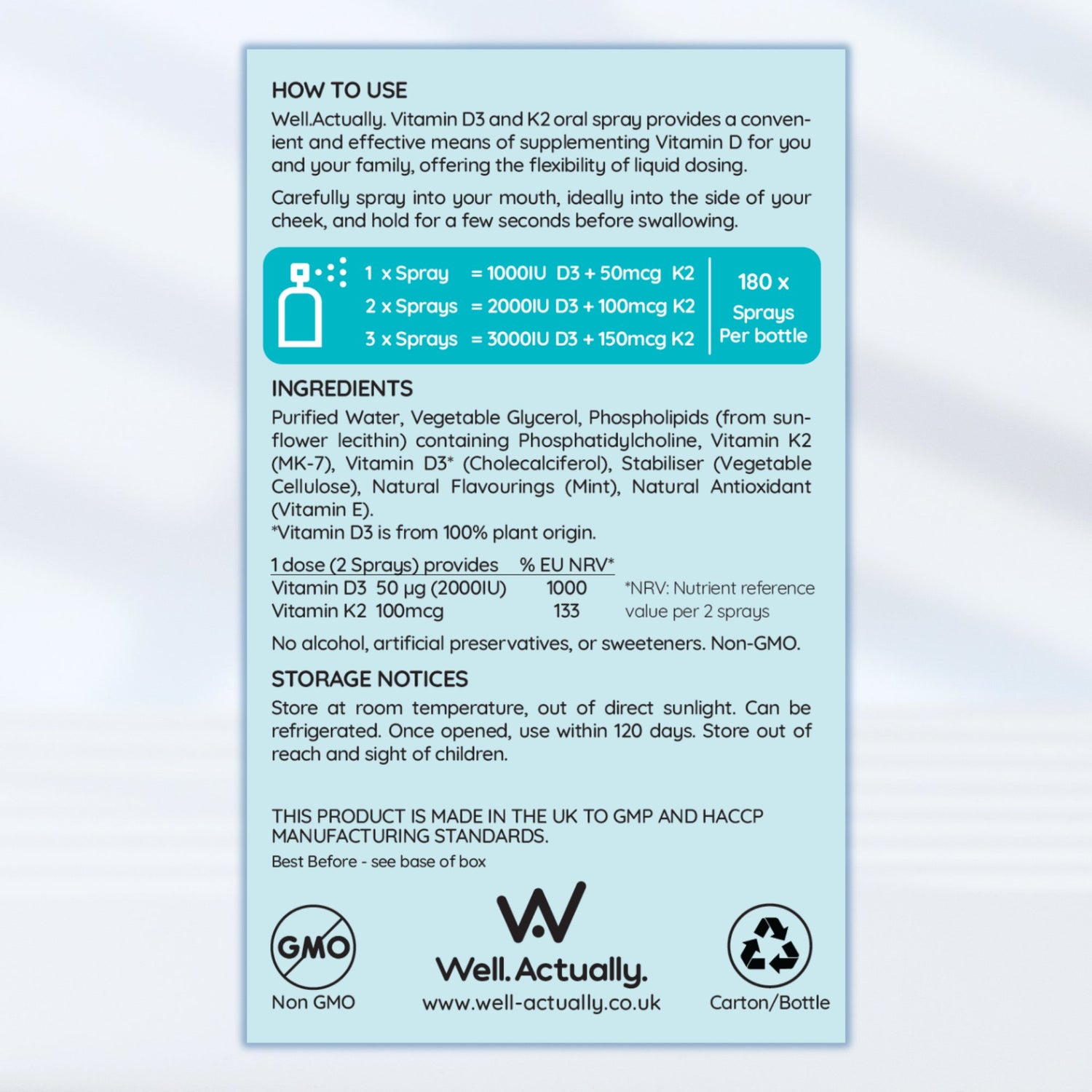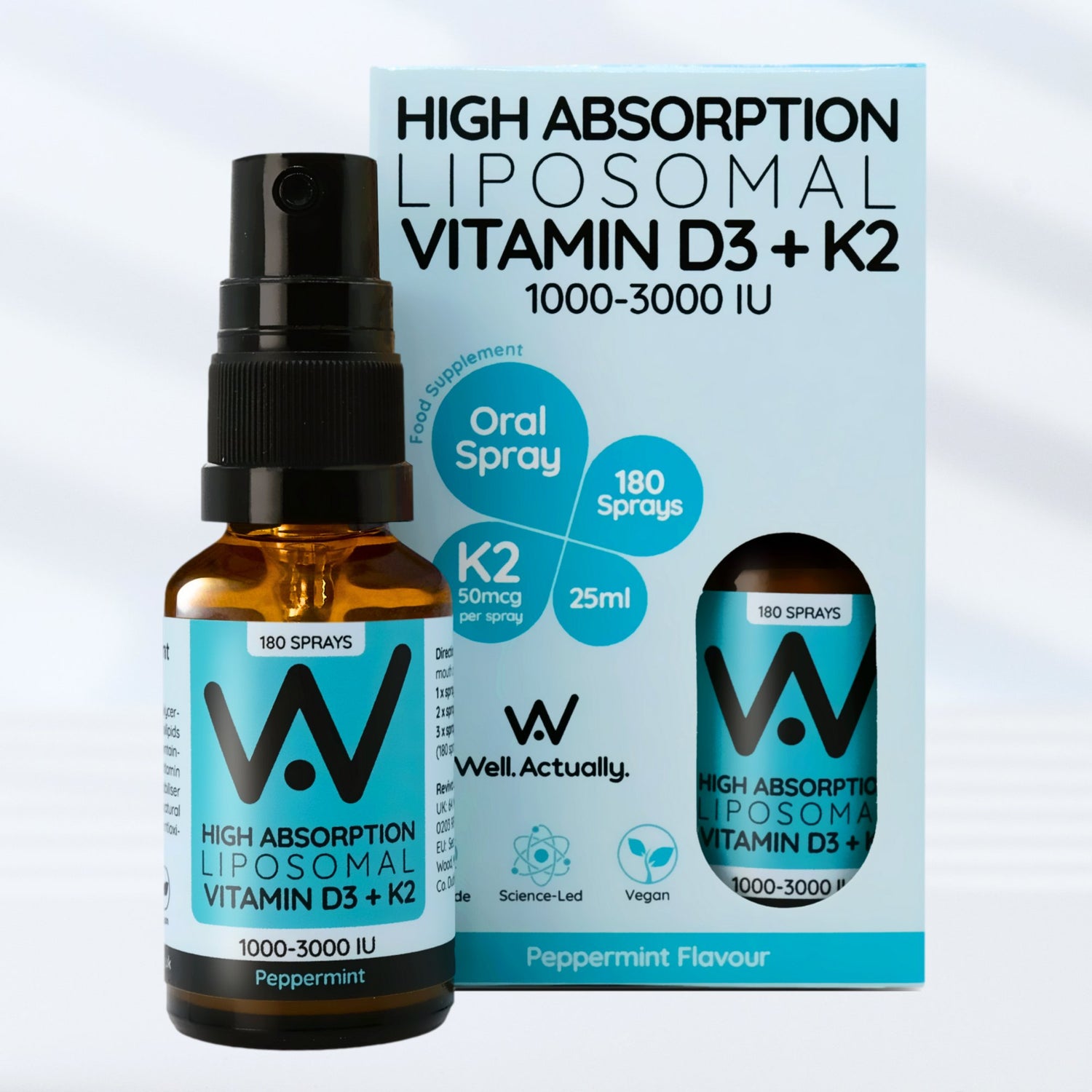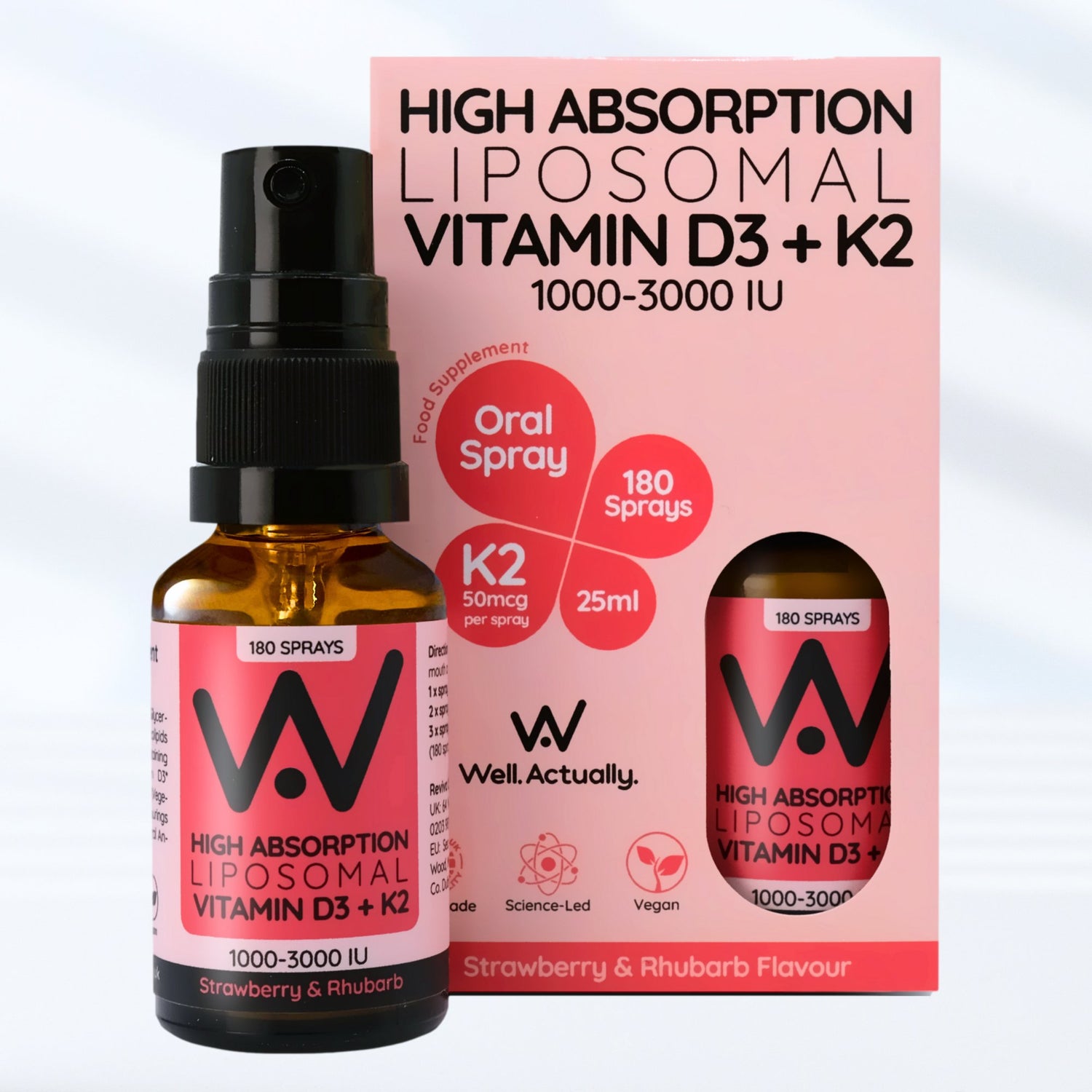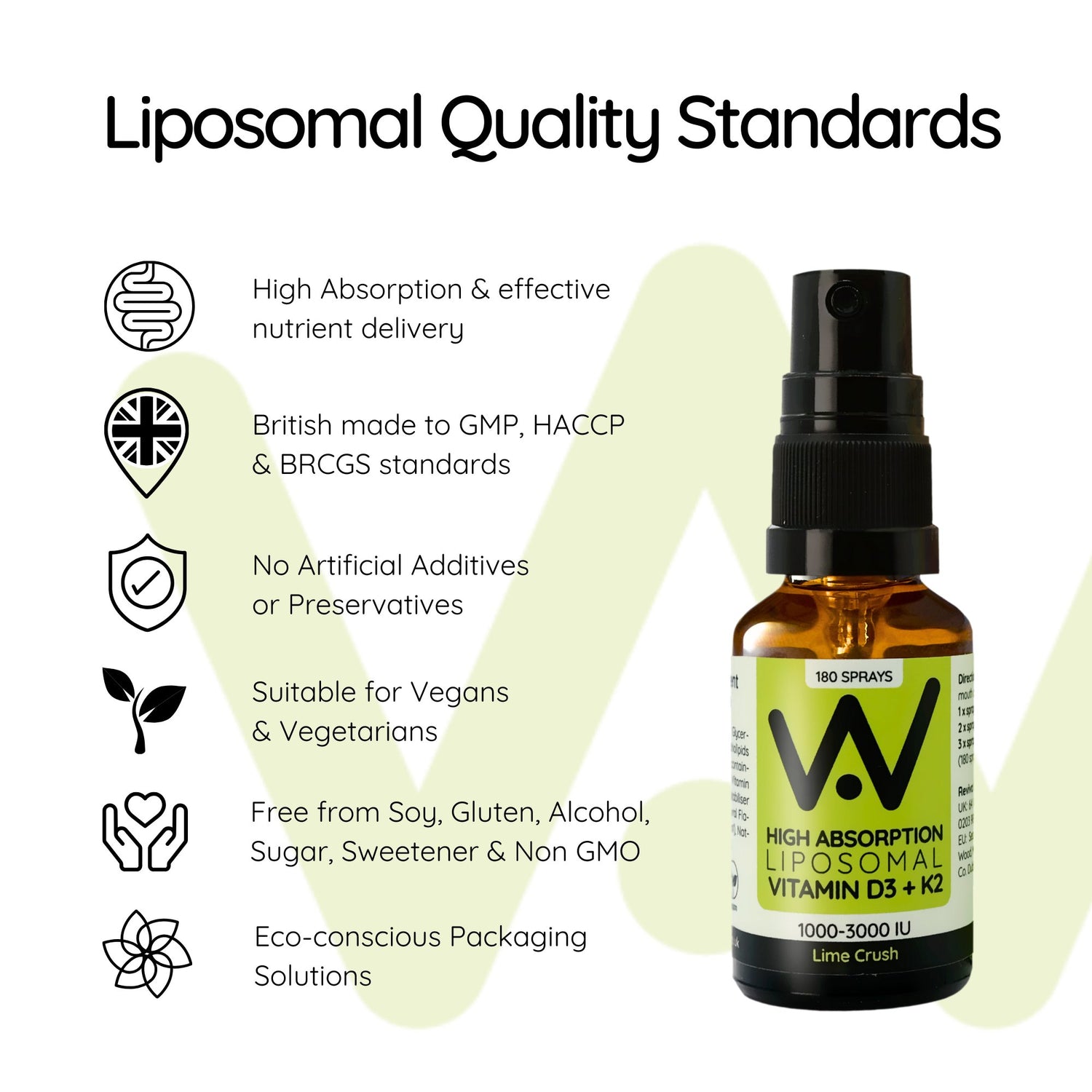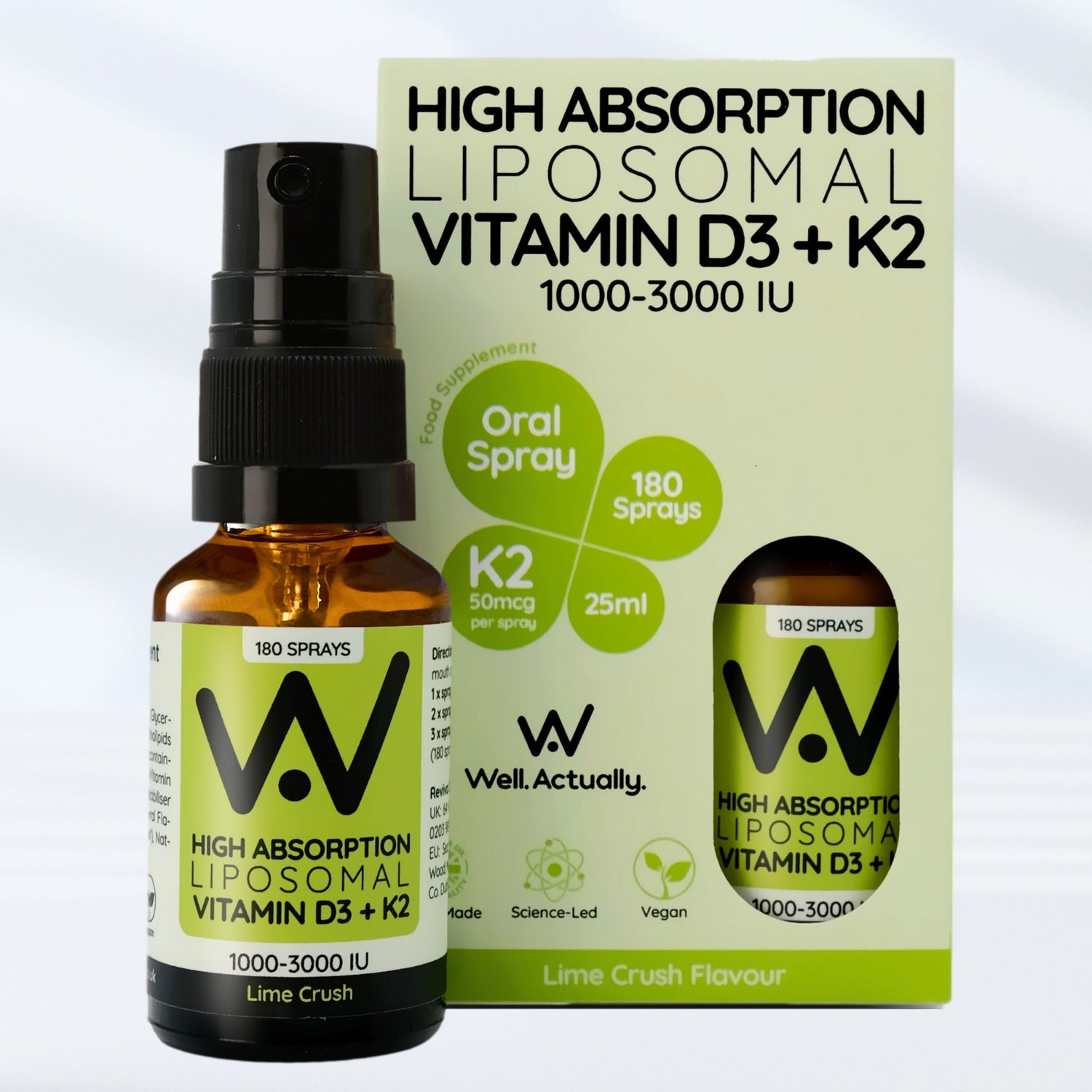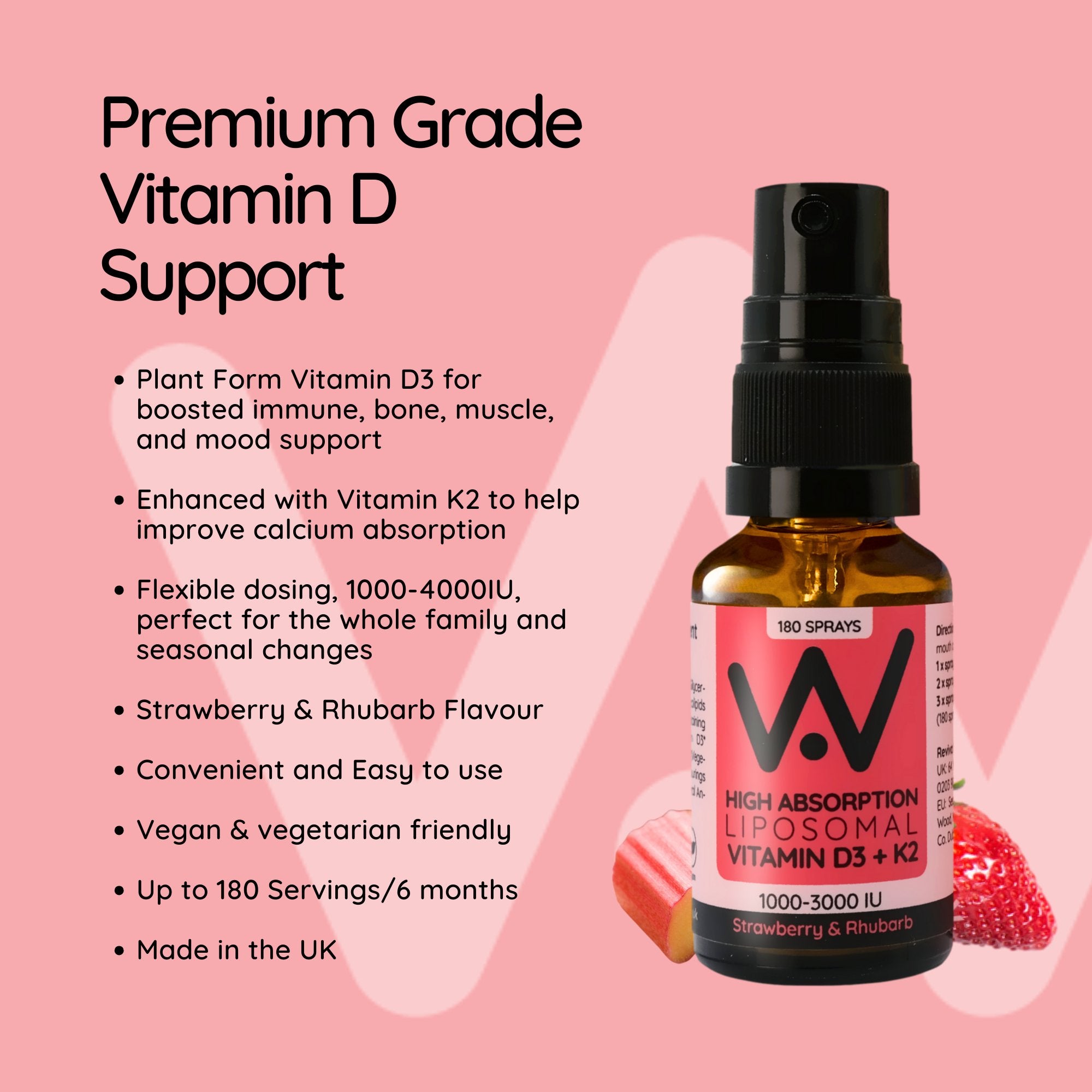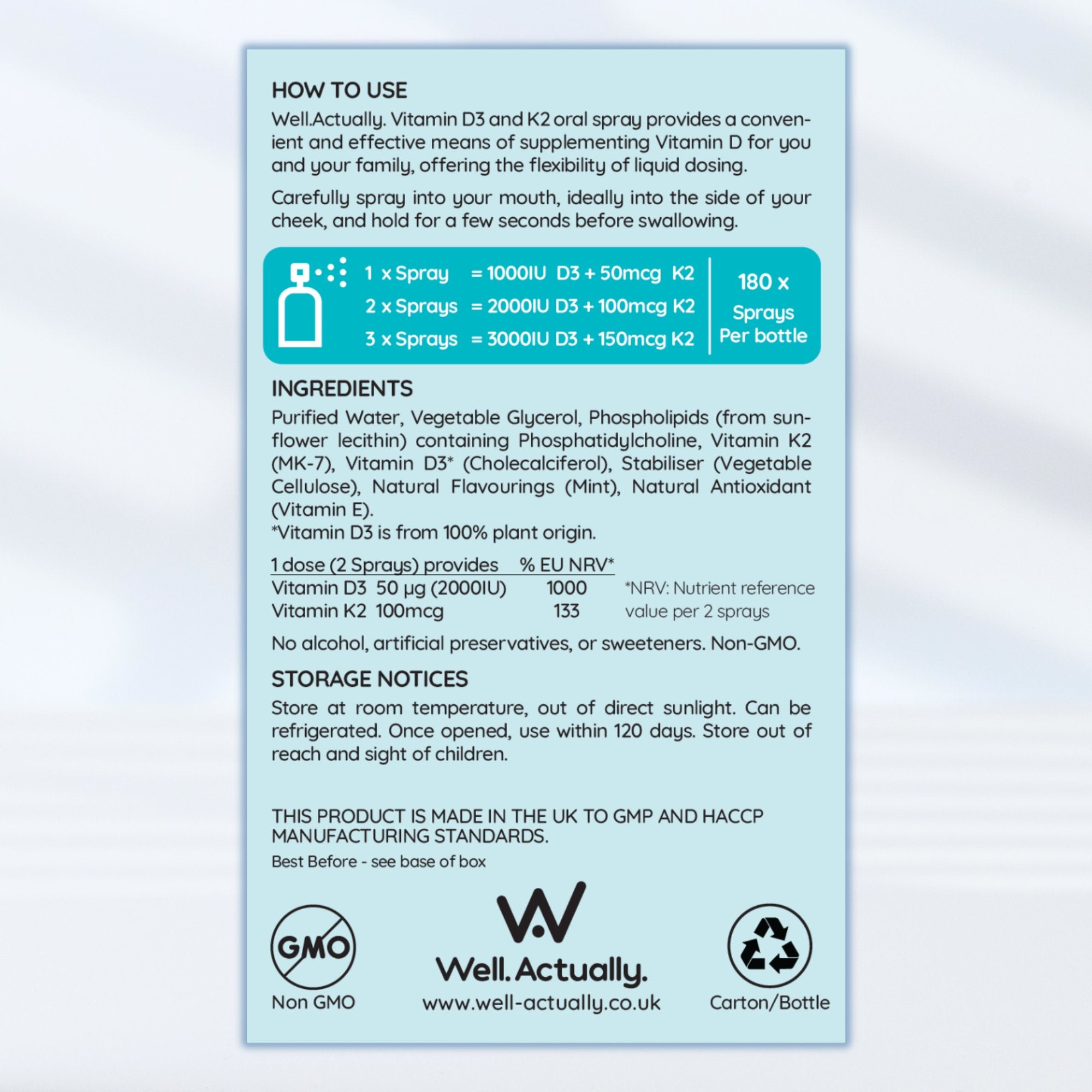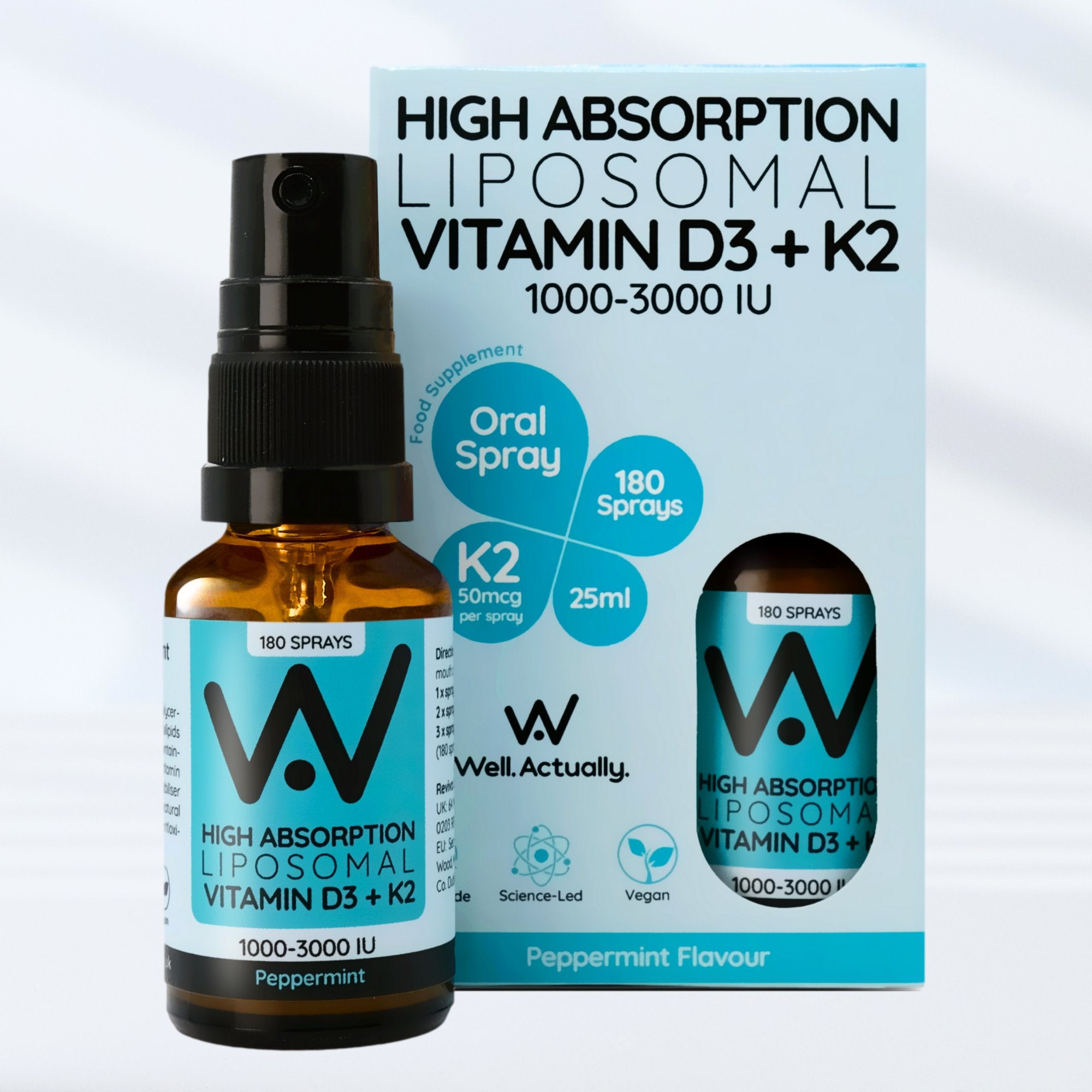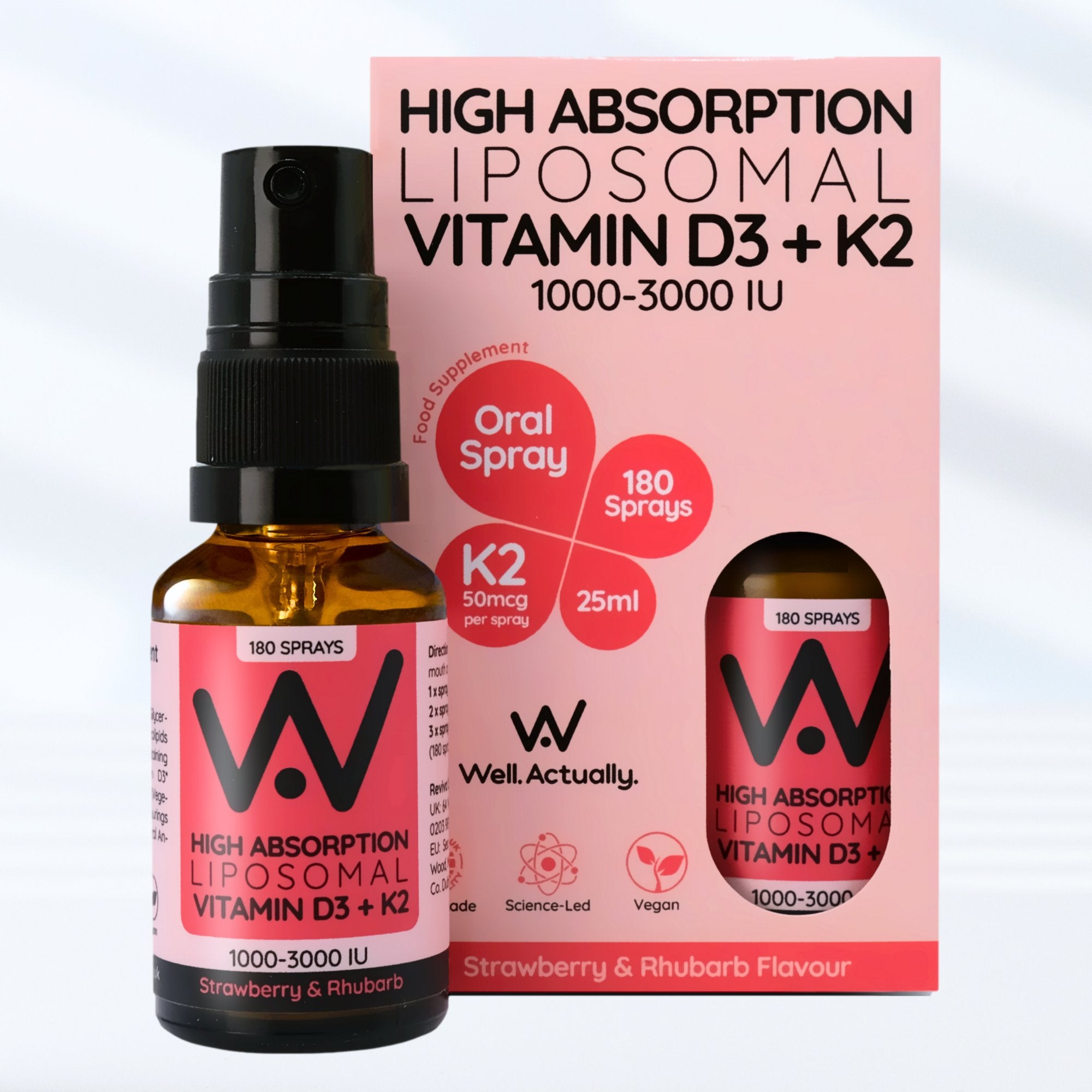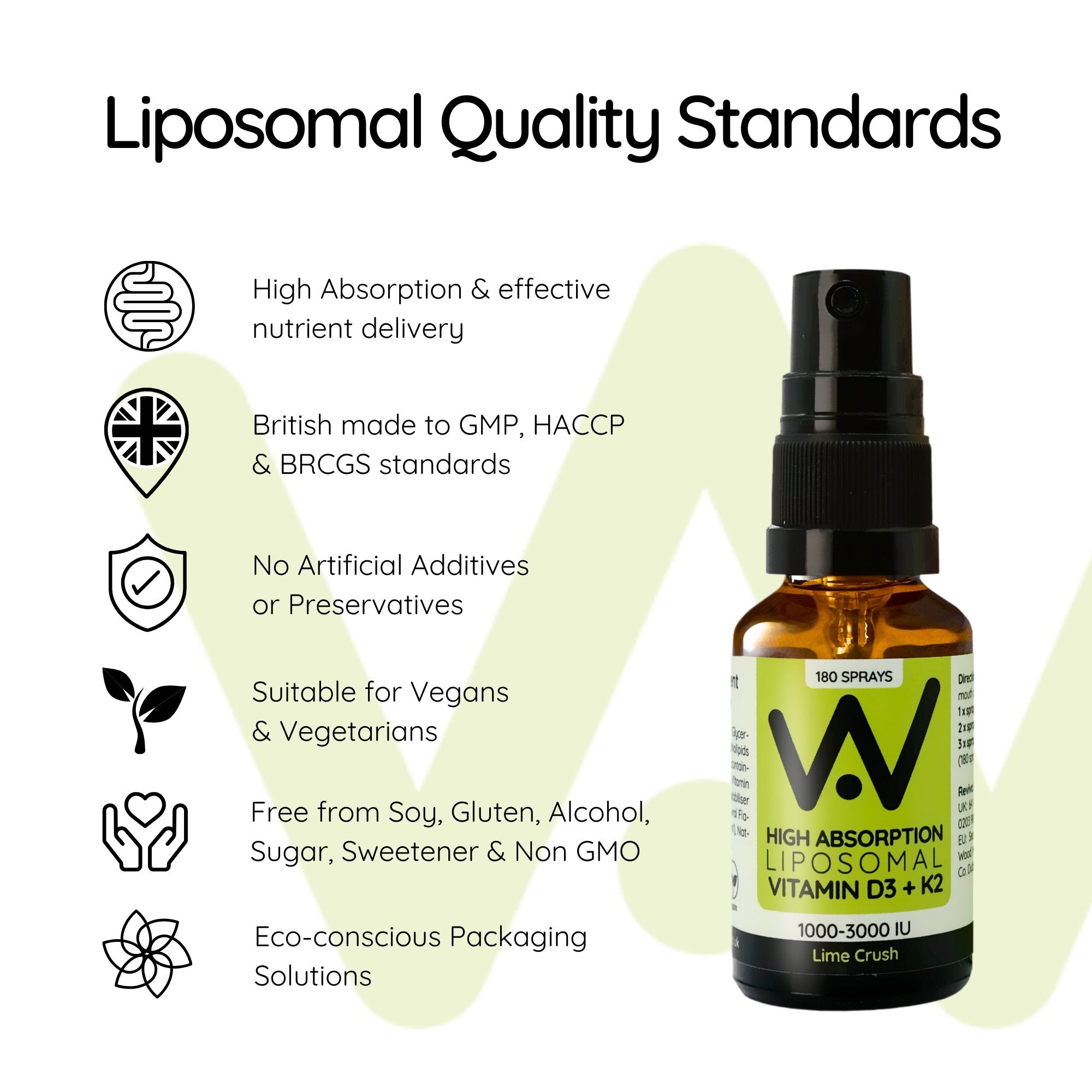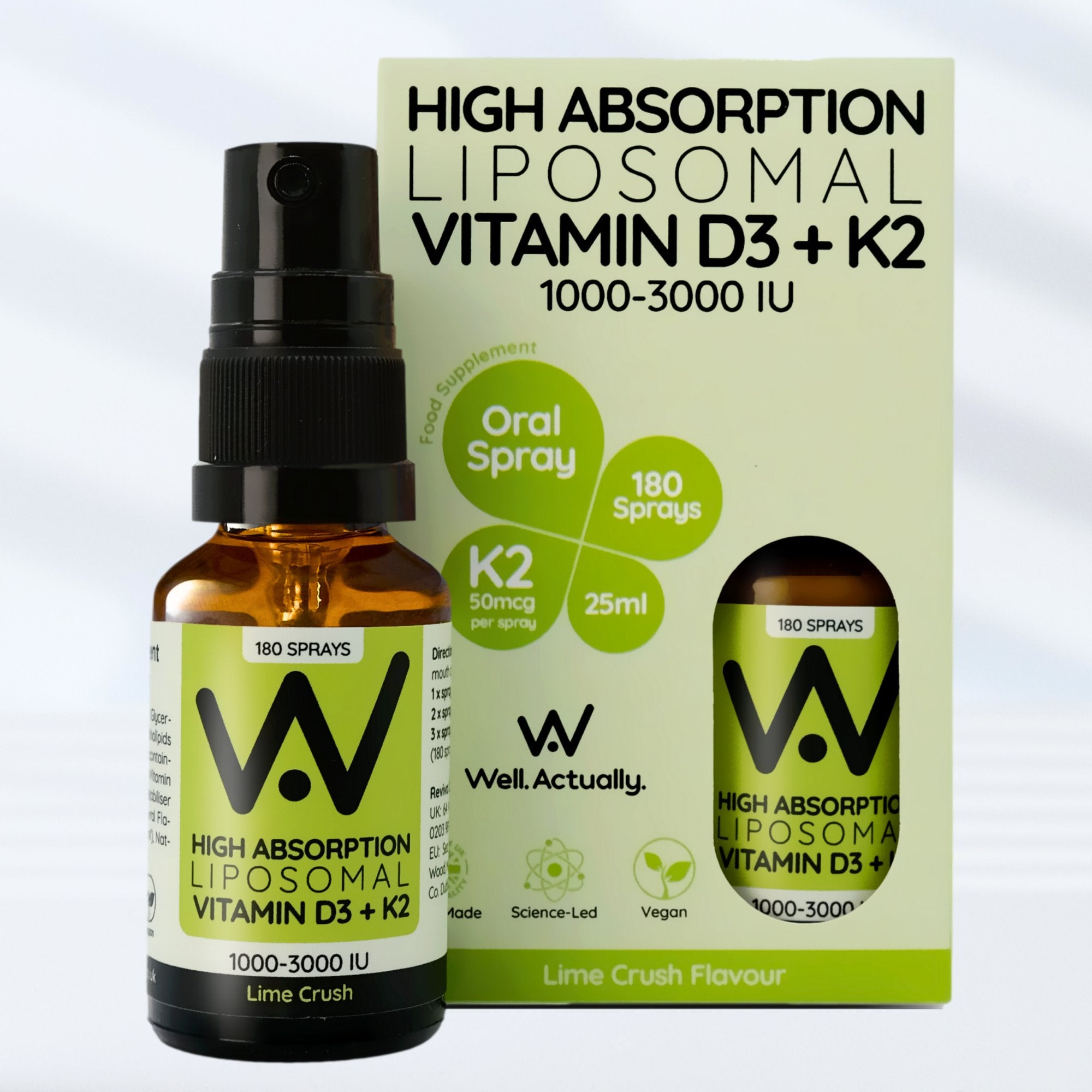Maintaining a healthy diet and exercise routine during the winter can be difficult for the entire family. Dark mornings and nights can have an impact on mood, chilly weather can make exercise outside less appealing, and a lack of sunlight can impair the production of vitamin D, which is essential for a child’s physical development and immunity boosting functions to mental wellness advantages (1).
In this blog post, we will look at why vitamin D is important for children's health and how parents can ensure their kids get enough Vitamin D through natural and supplemental sources.
'Vitamin D is found in the foods many children are not the biggest fans of'
Vitamin D is found in the foods many children are not the biggest fans of, including sardines, tuna, salmon, cod liver oil, egg yolks, and shiitake mushrooms. Even if they like and often eat such foods, as with adults, only around 10% of the minimum daily requirement can be achieved from the diet. It's, therefore, a good thing that some milks, cereals, and orange juices are fortified with vitamin D but not sufficiently and not all of them. Therefore, the sun's UVB rays are the only reliable source for providing us with the majority of vitamin D we need.

In sunnier months, April to September, spending just 10 to 20 minutes outside in the middle of the day (longer is needed for those with darker skin types), with hands, arms and face exposed, will encourage the skin to produce the vitamin D a child needs to maintain sufficient levels.
It might be assumed that because a child is often playing outside, walking to school and every day required to play out at lunchtime, they still obtain sufficient vitamin D levels during winter.
The reality, however, is far more sombre for two main reasons;
- more clothes are worn to protect skin from the cold
- with what little sunshine there is, UVB rays from October to March are much weaker and produce very little vitamin D synthesis.
'40% of UK 11-18 year olds are vitamin D deficient during winter months'
The UK's National Diet and Nutrition Survey (2) found that 40% of 11–18 year-olds from January to March were deficient in vitamin D. In the most recent study this year from Northern Ireland (3) found that 55.3% of children are vitamin D insufficient or deficient during winter and suggests that low circulating concentrations of 25(OH)D may adversely affect muscle strength. The study goes on to further say that encouraging supplementation, consuming vitamin D-rich foods and promoting outdoor activities should be considered to improve vitamin D status and minimise the risk of deficiency in Children.

So while ensuring children maintain a balanced diet, it's vital to understand vitamin D's importance and how we can get adequate amounts from both natural and supplemental sources. When choosing a supplement for your child, it is essential to consider the source, application type, and dosage requirements.
If choosing between Vitamin D2 or D3, much more research has been carried out on Vitamin D3 due to it being more biologically active in the body (4). Choosing a product paired with Vitamin K2 can be beneficial as these two vitamins work together to assist the distribution of calcium throughout your body.
There are many forms of Vitamin D supplementation, such as gummies, tablets, capsules, and liquids, to suit your child's preferences. Well.Actually. Liposomal Vitamin D3+K2 sprays are a popular choice as they offer flexible dosing depending on the child's age and are available in a variety of flavours which are quick and easy to use without the need to swallow pills.
When considering how much your child should be taking. The NHS Royal National Orthopaedic Hospital (5) recommends Children 4 – 18 years old should be given a daily supplement containing 400-1000IU (10-25 micrograms). The safe UK upper Limit for Children aged 1 to 10 is 2000 IU (50 micrograms), 4000IU for children older than ten years and adults. If your child is deficient in Vitamin D, higher doses may be required for a short period under medical supervision.

Keeping track of our children's nutrition is essential, especially with the lack of Vitamin D from sun exposure. Taking the time to research and carefully pick the right kind and dose of Vitamin D through alternative sources like fortified drinks, foods, or supplements and introduce it to your child in a fun and positive way is crucial. The Vitamin D we're getting from food sources is not enough, hence why the NHS recommends we all supplement Vitamin D during autumn and winter. Start off introducing your child to vitamin consumption early on and maintaining consistency with it throughout their growing years will benefit them immensely. Please take action now and feel relieved, knowing you're taking proactive steps for their wellbeing!
(1) https://www.sciencedirect.com/science/article/pii/S1087079220301222
(2) https://cks.nice.org.uk/topics/vitamin-d-deficiency-in-children/background-information/prevalence/
(4) Relative Efficacy of Vitamin D2 and Vitamin D3 in Improving Vitamin D Status: Systematic Review and Meta-Analysis https://www.mdpi.com/2072-6643/13/10/3328




